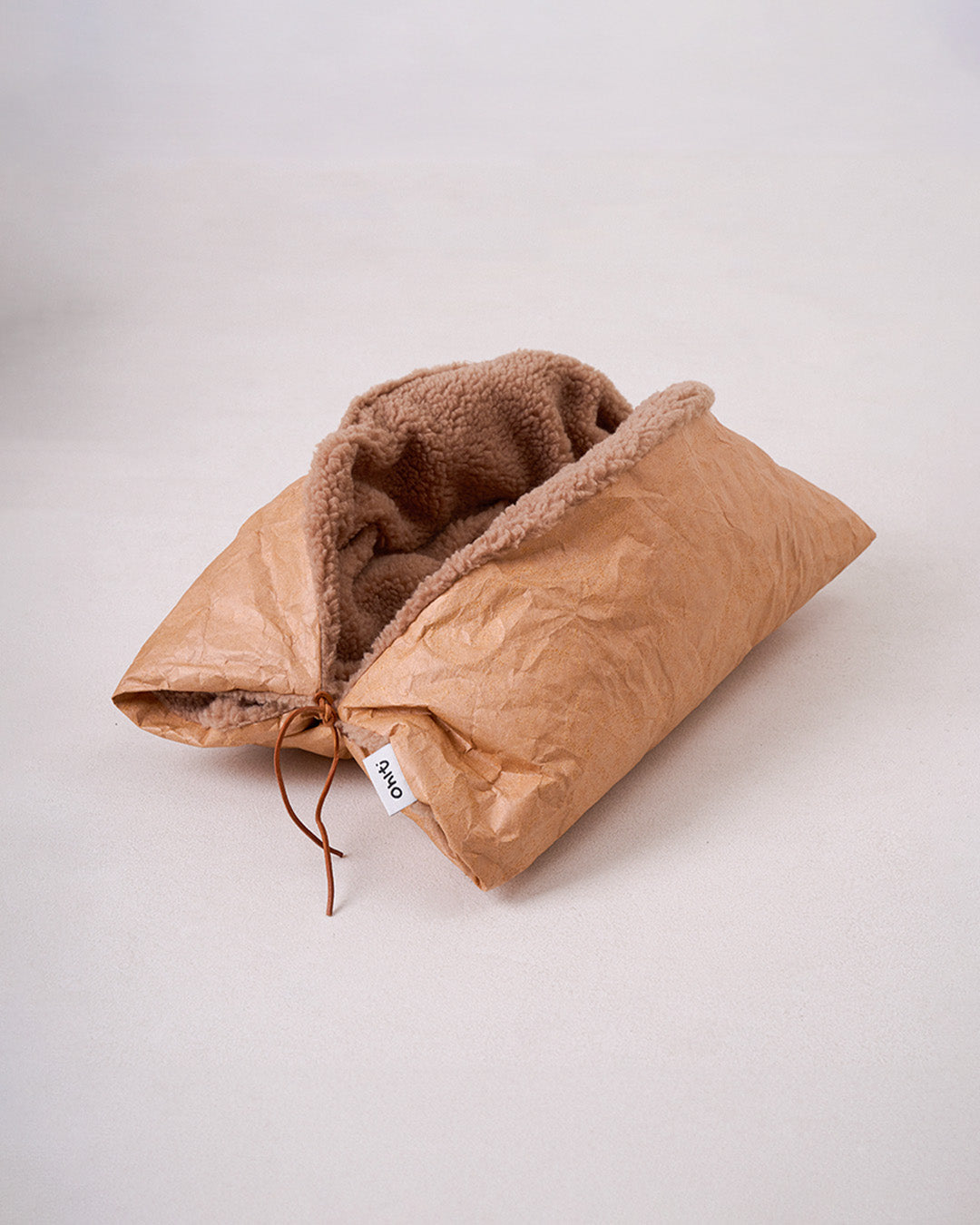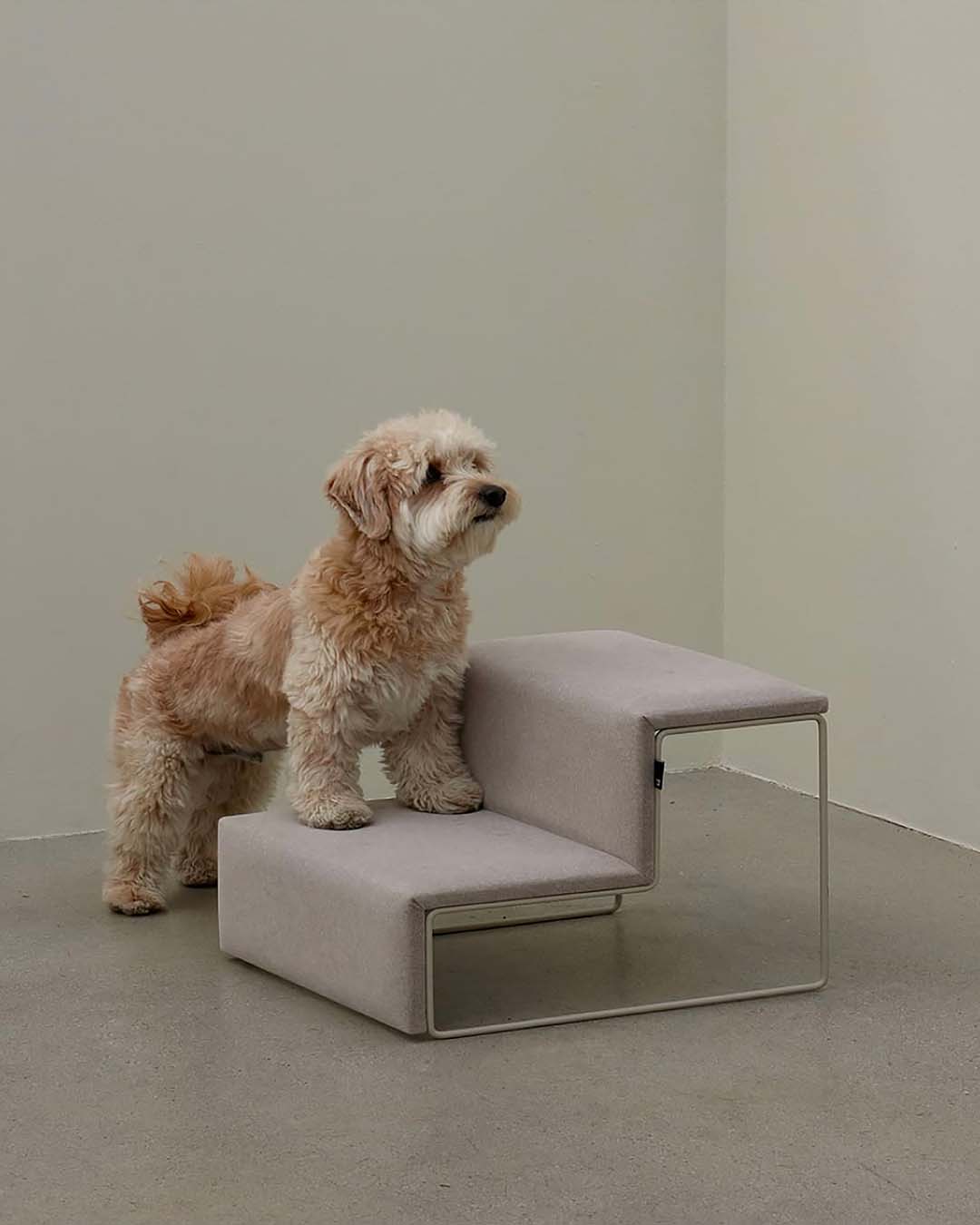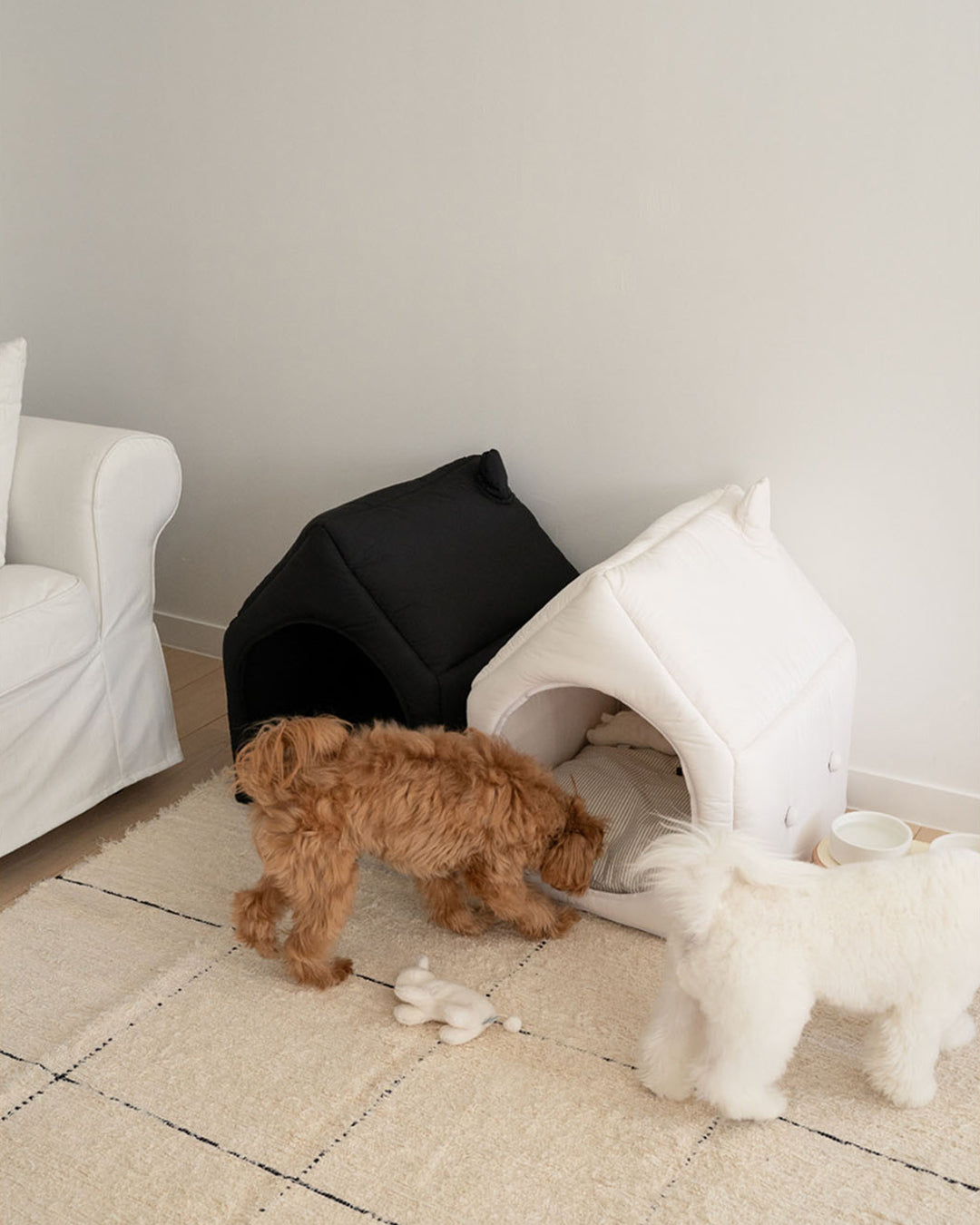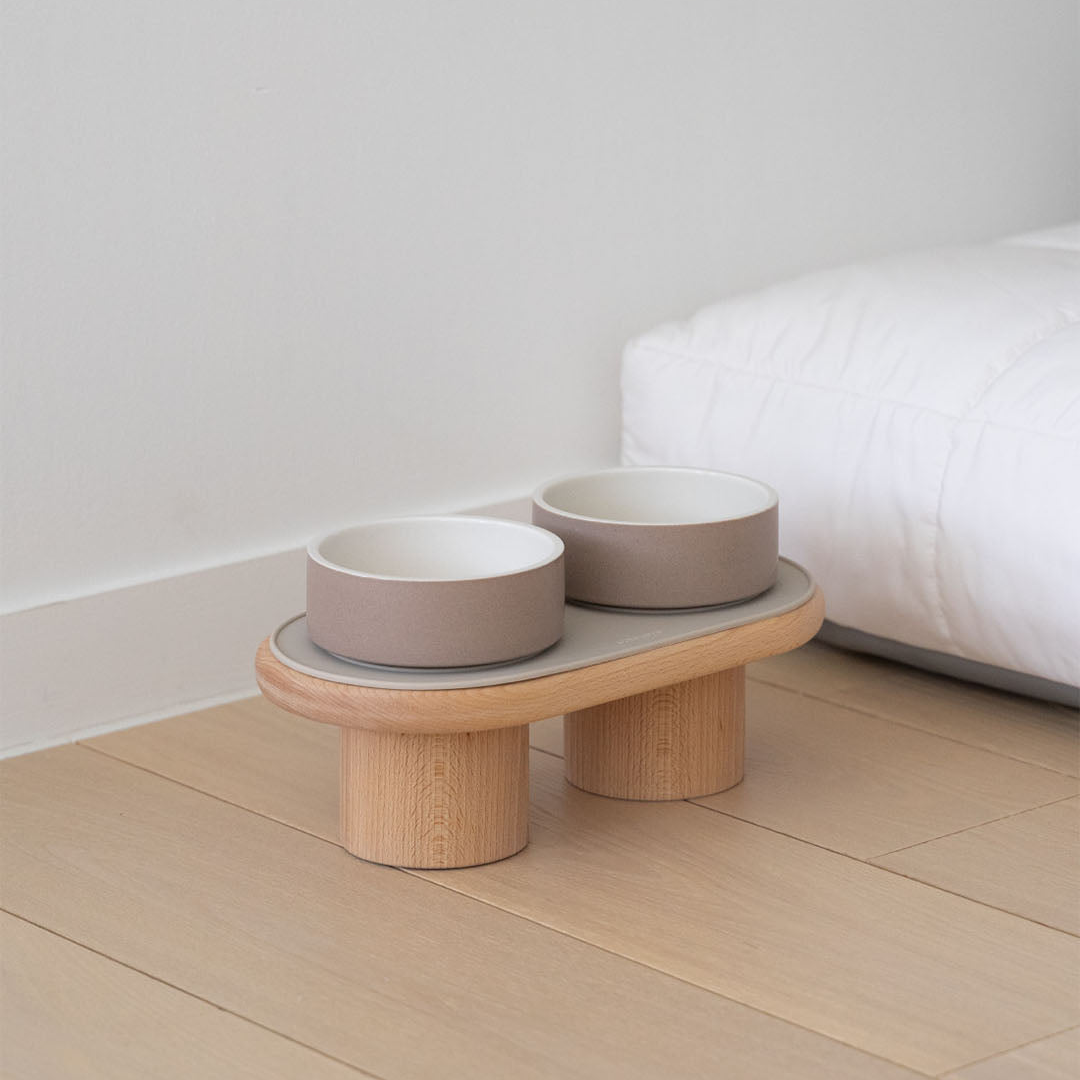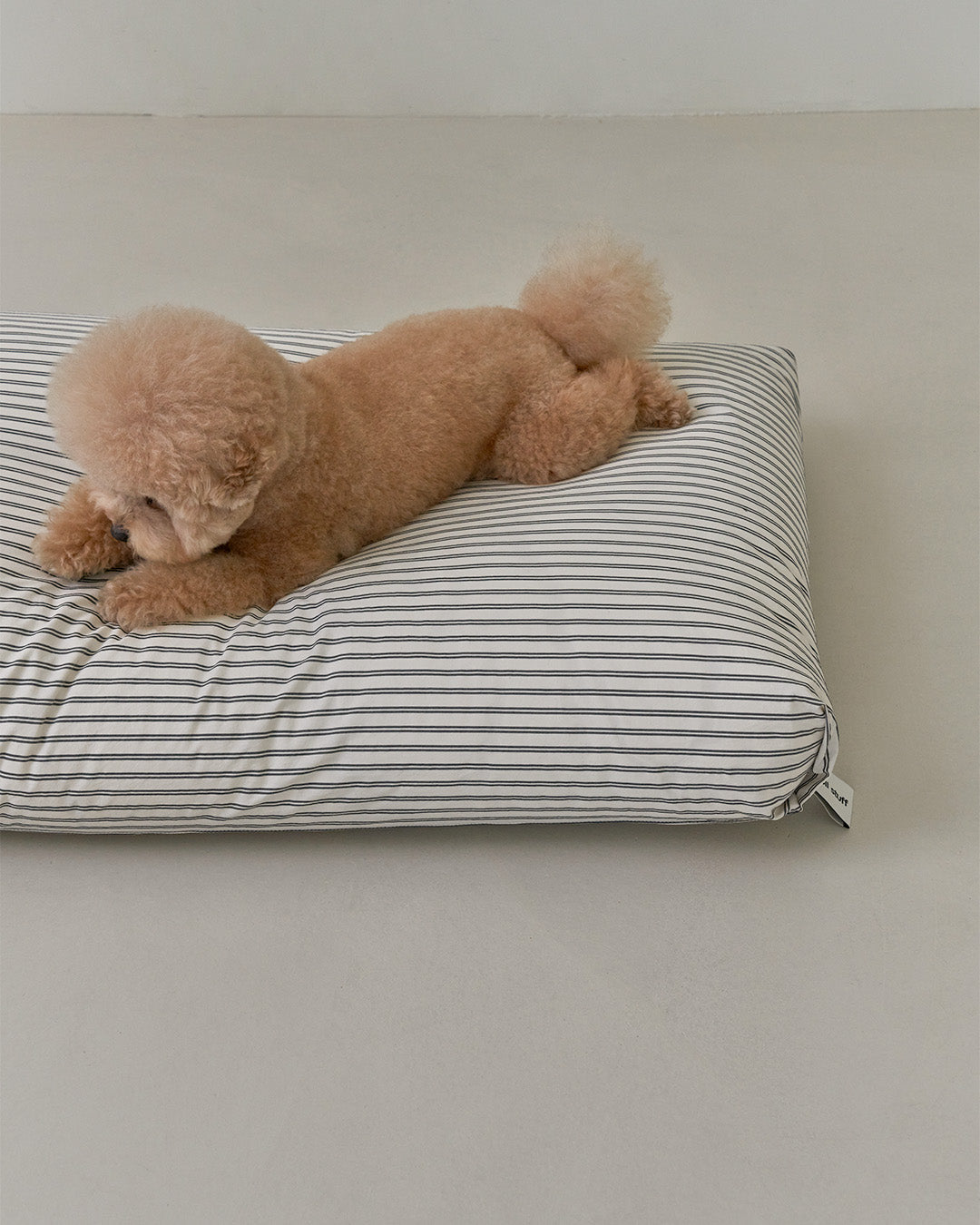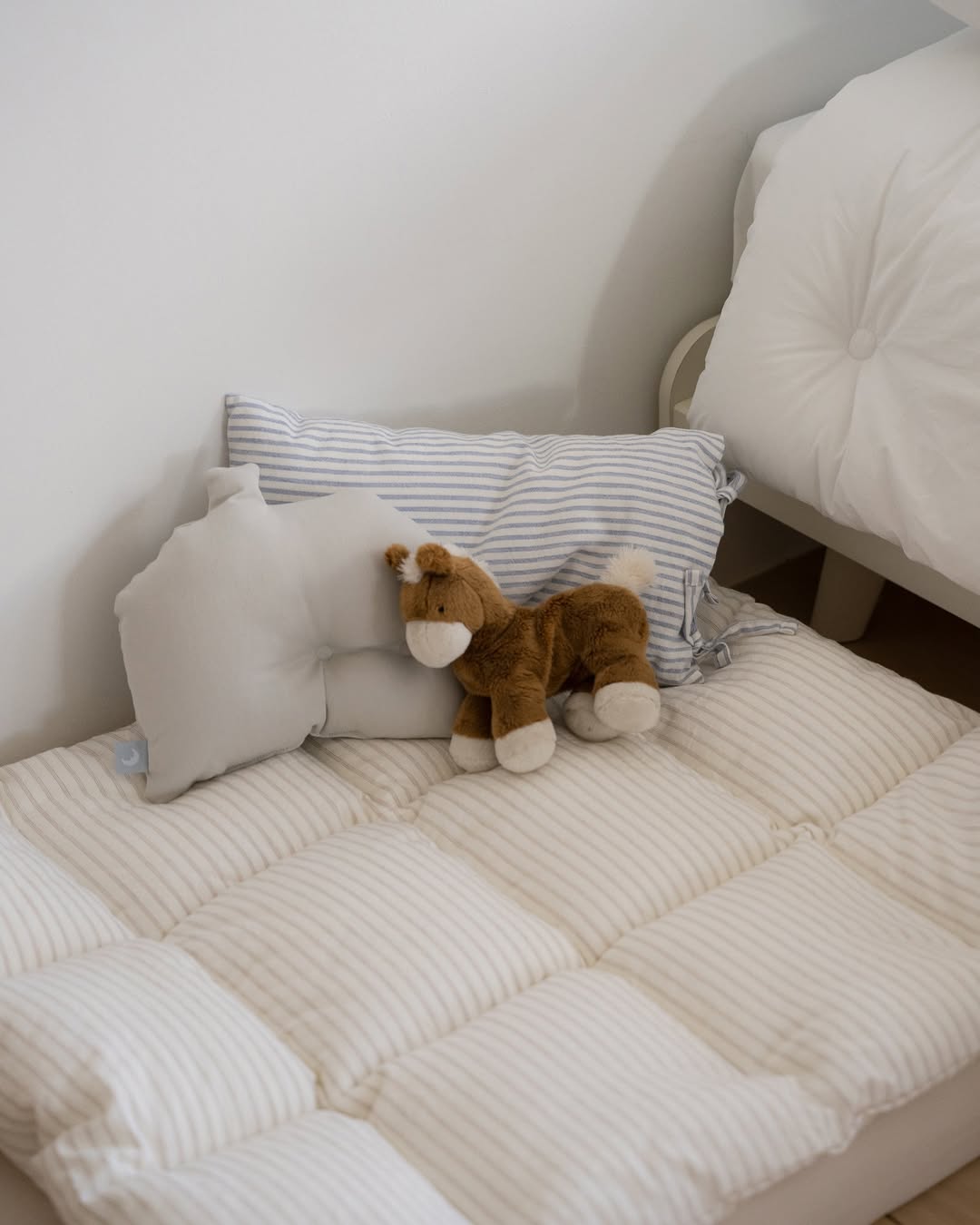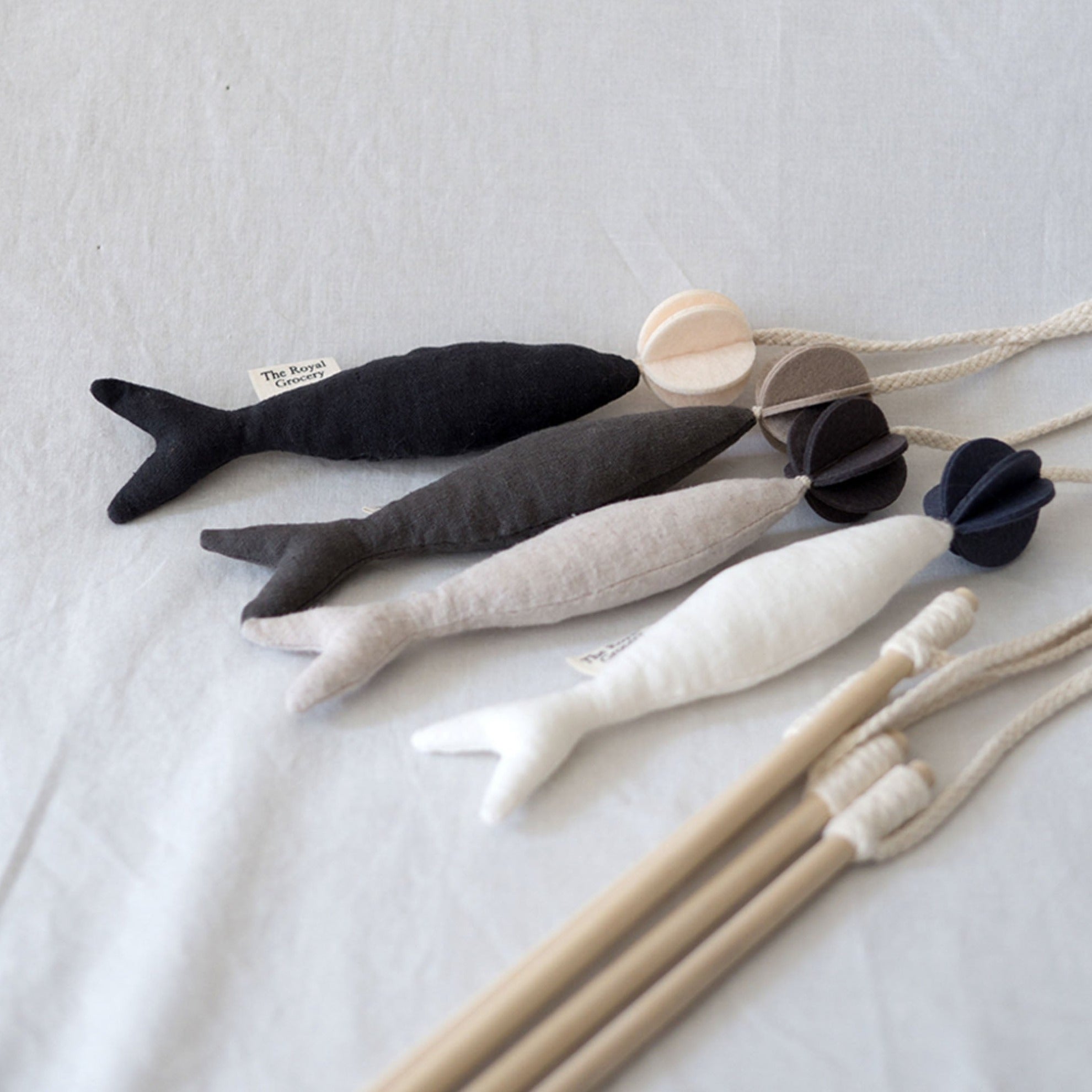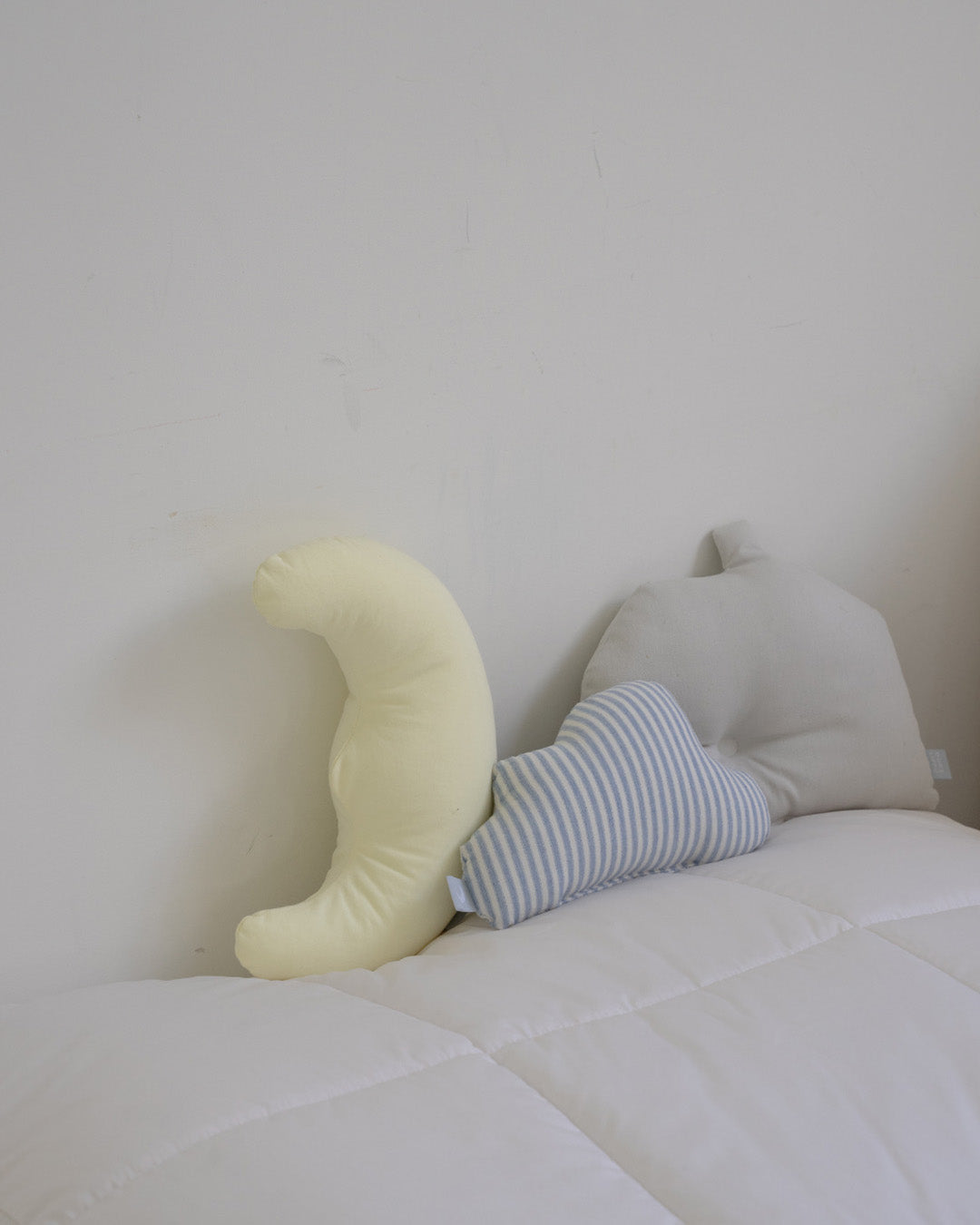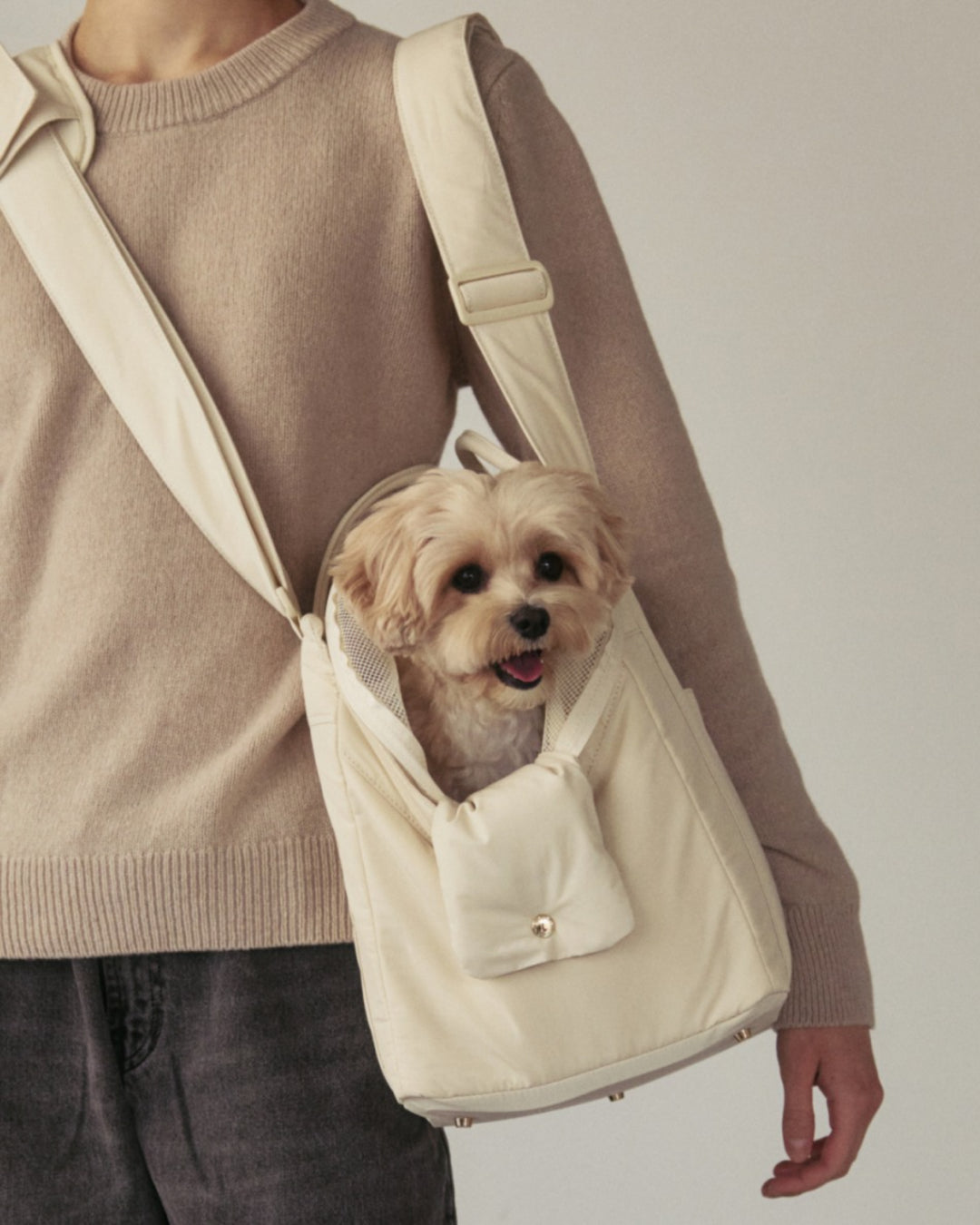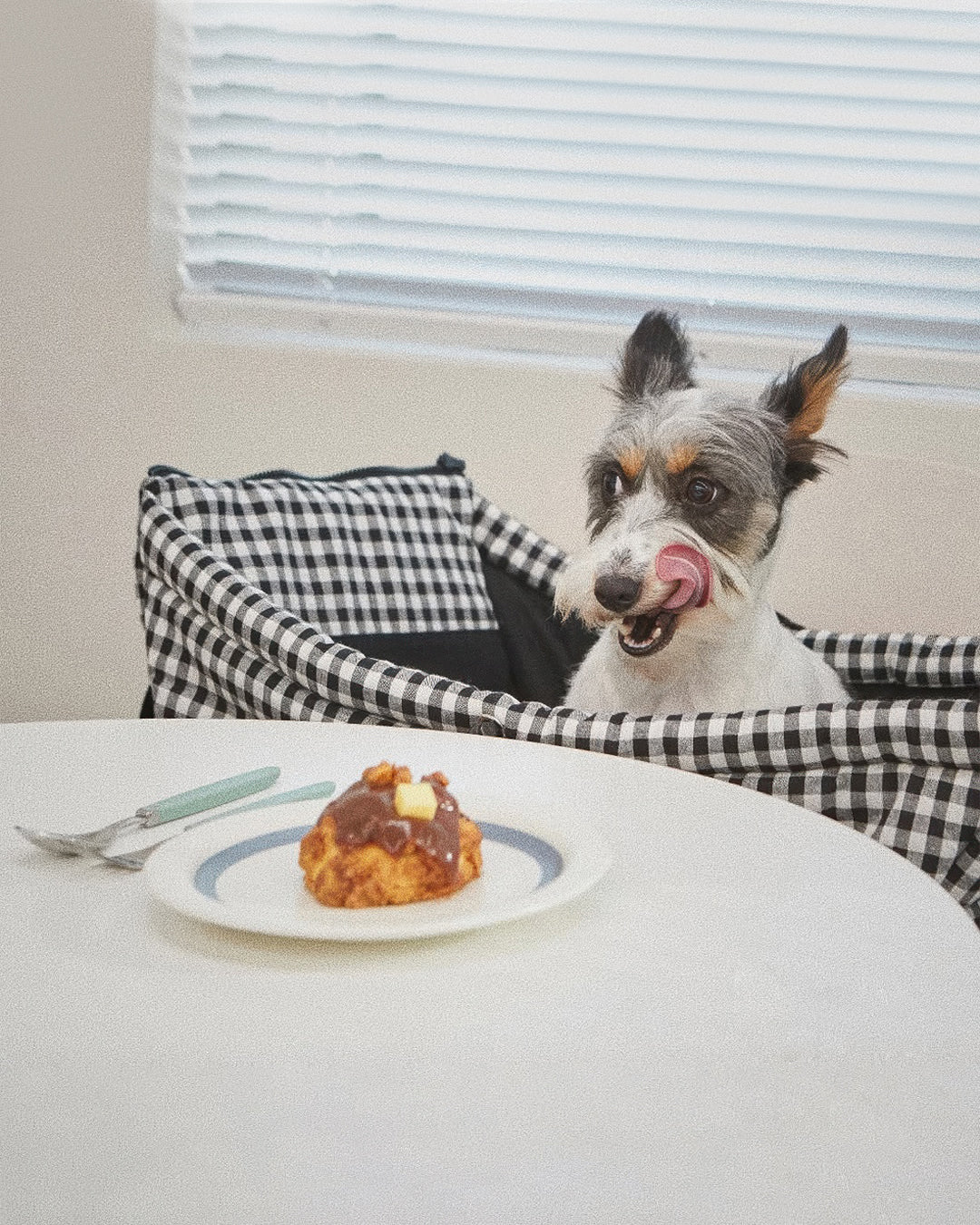Whether you live in an apartment or a house, ensuring that your green space is safe for your pets is crucial. The ASPCA provides valuable information on which plants are toxic and non-toxic, helping pet owners create a safe and beautiful environment for their furry friends.
⇝
Toxic Plants to Avoid
Certain plants pose significant health risks to pets. Here are some to watch out for:

Sago Palm (Cycas revoluta): Extremely toxic to dogs, cats, and horses, leading to vomiting, diarrhea, seizures, liver failure, and potentially death.

Aloe Vera (Aloe vera): Though beneficial for humans, it's harmful to pets, causing vomiting, lethargy, and diarrhea.
:max_bytes(150000):strip_icc()/tulip-types-for-spring-garden-1315804-hero-5c10c927e00c459eb24c702be447e50d.jpg)
Tulips (Tulipa spp.): The bulbs are particularly toxic, causing vomiting, diarrhea, and depression.

Azaleas (Rhododendron spp.): Can lead to vomiting, diarrhea, drooling, and potentially fatal cardiovascular issues.
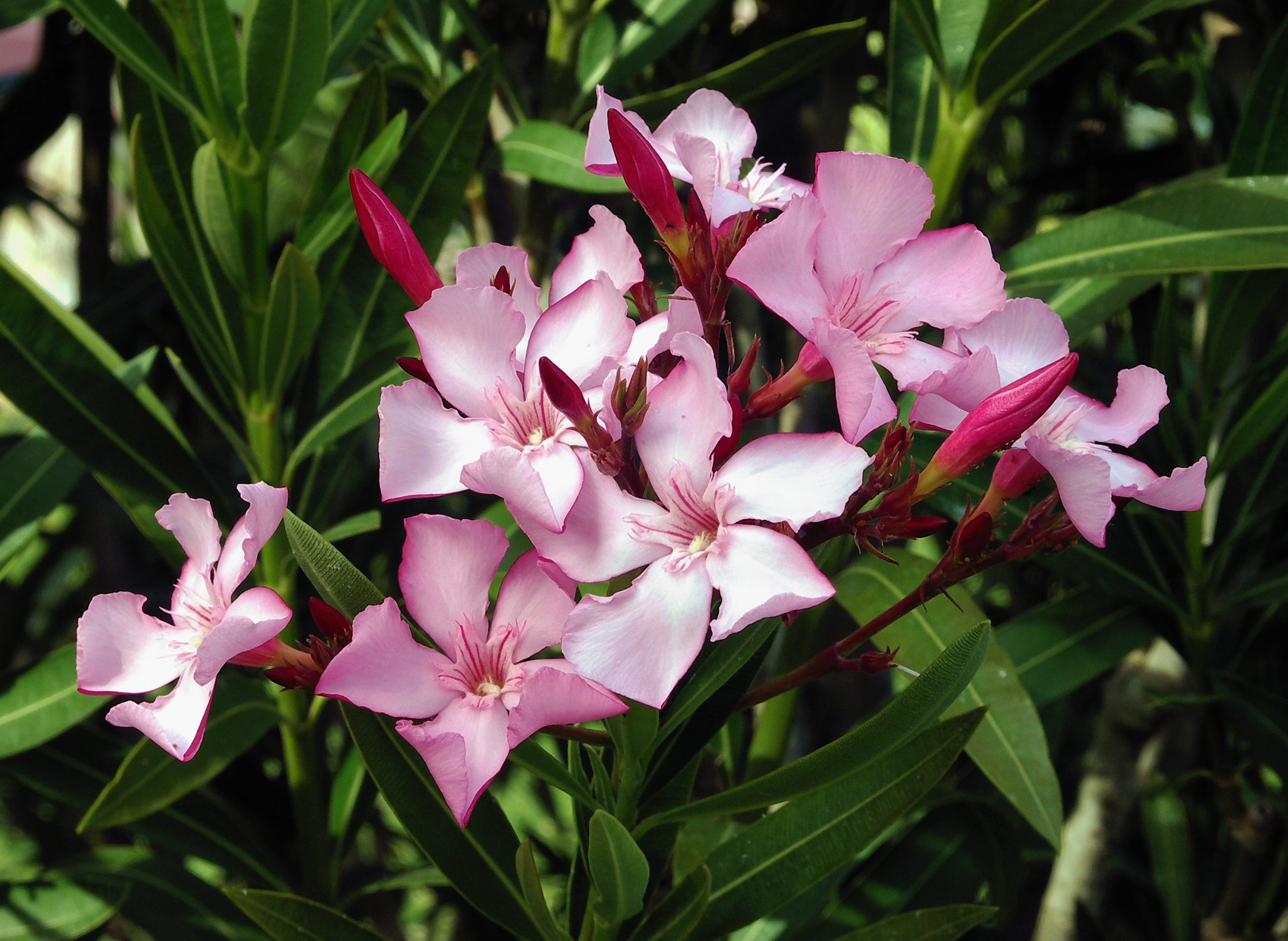
Oleander (Nerium oleander): Highly toxic, causing severe vomiting, decreased heart rate, and fatal cardiovascular effects.
✿
Pet-Friendly Plants
Fortunately, there are many beautiful plants safe for pets. Here are some pet-friendly options:

Spider Plant (Chlorophytum comosum): Safe for both dogs and cats, making it ideal for any living space.

Areca Palm (Dypsis lutescens): Adds a tropical touch and is safe for pets.
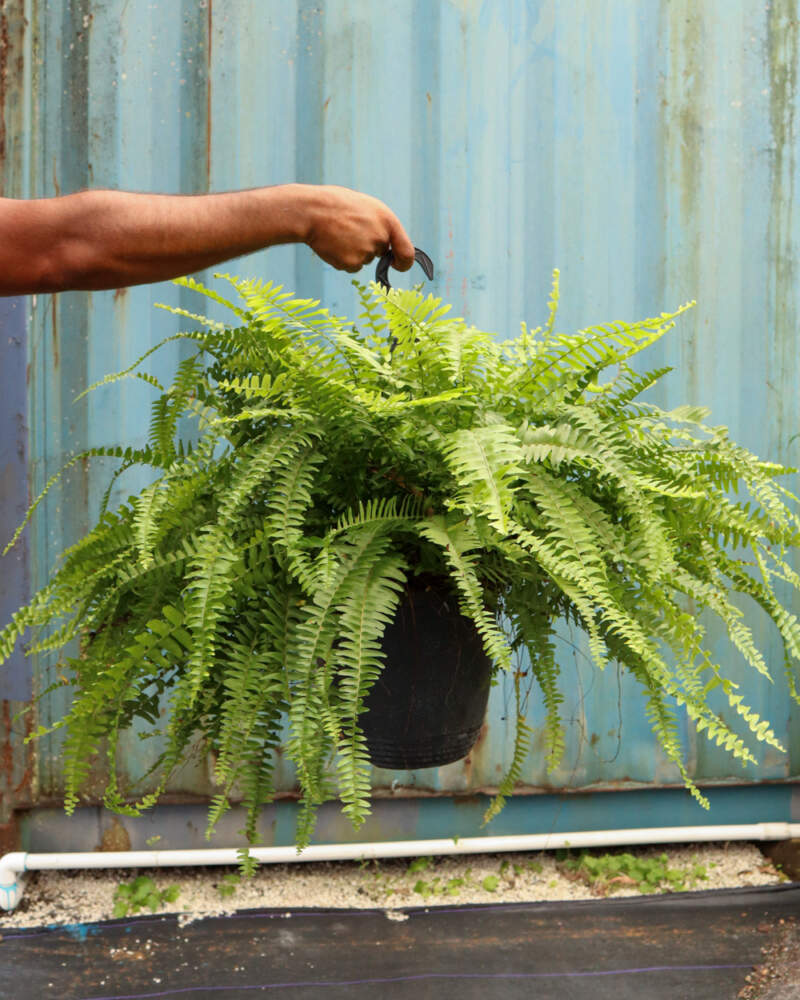
Boston Fern (Nephrolepis exaltata): A classic, non-toxic houseplant that's easy to care for.
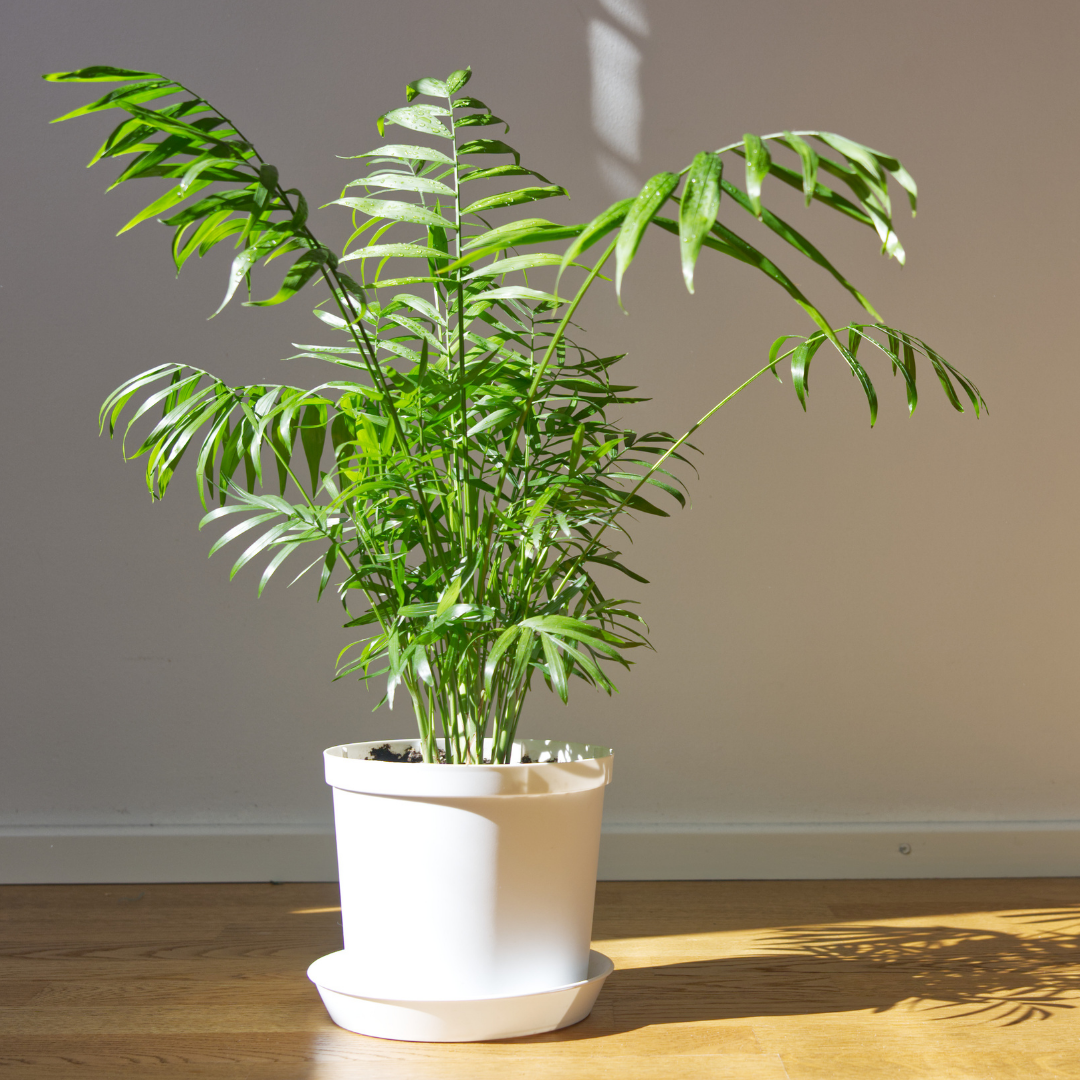
Parlor Palm (Chamaedorea elegans): Perfect for indoor settings, safe for pets.
Hens and Chicks (Sempervivum spp.): Safe for pets and suitable for both indoor and outdoor gardens.
☘
Tips for a Pet-Safe Garden
-
Research Before Planting: Always verify the toxicity of plants before introducing them to your home or garden.
-
Create Barriers: Use fencing or other barriers to keep pets away from potentially harmful plants.
-
Train Your Pets: Teach them to avoid certain areas of the garden.
-
Use Pet-Safe Products: Opt for organic or pet-safe fertilizers and pest control methods.
✽
Whether you're in an apartment with limited space or a house with a sprawling garden, choosing the right plants can ensure a safe environment for your pets. For a detailed list of toxic and non-toxic plants, visit the ASPCA’s Animal Poison Control page.
Read more

Pet steps are essential for the health and happiness of pets, offering safety, stability, and ease of access to furniture. High-quality pet steps prevent joint strain, promote well-being, and blend...

Summer months can be tough on our pets. High temperatures and thick humidity make it challenging for pets to stay cool, and power outages can add to the risk. Here are essential tips to prevent he...

